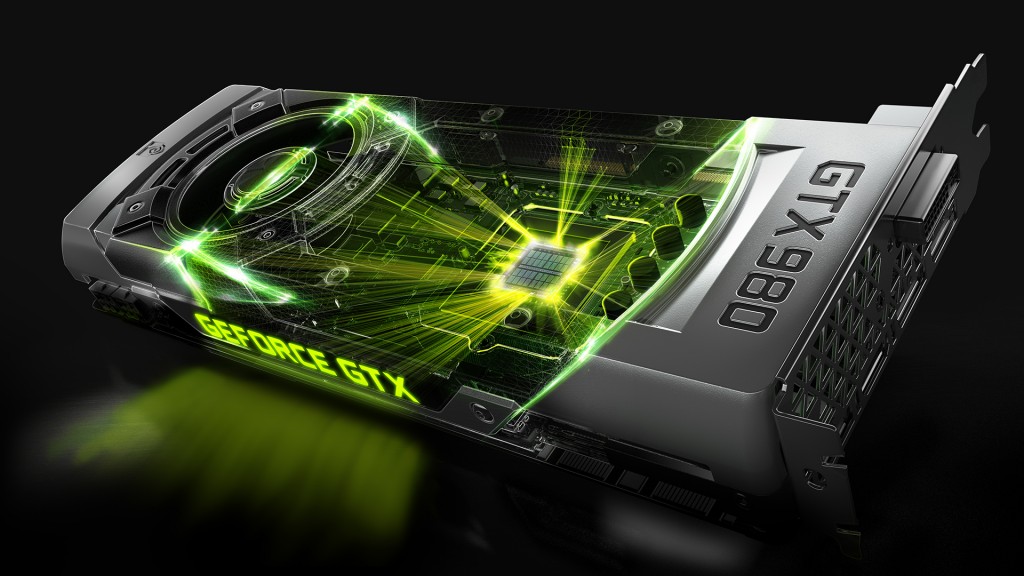After IBM failed to produce enough code-named “NV40” graphics processing units for Nvidia Corp. back in 2004, the latter decided to make Taiwan Semiconductor Manufacturing Co. its strategic manufacturing partner. Since then, virtually all of Nvidia GPUs have been produced by TSMC with one or two exceptions. Apparently, Nvidia wants to keep it that way going forward.
Recent market rumours suggested that Nvidia plans to use manufacturing capacities of Samsung Electronics or GlobalFoundries to produce some of its multimedia or graphics processors in the future. When asked about this during a conference call with investors and financial analysts this week, Jen-Hsun Huang, chief executive officer of Nvidia, neither confirmed nor denied the plan, but he clearly stated that TSMC will remain the strategic manufacturing partner of the company.
“We always look at all foundries, and TSMC remains our most strategic [partner],” said Mr. Huang. “They are going to continue to be a very important partner for us for the foreseeable future.”
Recently TSMC confirmed that it would only start to produce chips using 16nm FinFET process technology in the third quarter of the year, considerably later than Samsung Electronics and even GlobalFoundries. Moreover, given than many fabless chip designers are not confident of manufacturing capacities and yields of products made using various FinFET manufacturing processes, numerous developers create chips for different contract makers of semiconductors so to ensure stable supply.
During the conference call Nvidia revealed nothing new about its future products and fabrication processes it is going to use, but said that test chips produced using TSMC’s 16nm FinFET manufacturing technology met its criteria.
“TSMC is a fabulous supplier, […] their FinFET technology is excellent,” said the CEO of Nvidia. “[We have been] working with TSMC on FinFET now for a couple of years, and so we have quite a bit of confidence in their ability to deliver amazing FinFET transistors.”
Nvidia is expected to release its first products made using 16nm FinFET process technology in 2016. The company’s code-named “Pascal” GPUs will be the first to be made using the new manufacturing tech.
Since prices of high-volume manufacturing using leading-edge technologies have been increasing in the recent years, Nvidia could use its potential partnership with Samsung Electronics or GlobalFoundries to negotiate better pricing with TSMC. If that is the case, then actual volumes that the two foundries are set make for Nvidia are not going to be high.
Discuss on our Facebook page, HERE.
KitGuru Says: Keeping in mind that the market of discrete graphics processing units is shrinking, it remains to be seen whether Nvidia now truly needs multiple manufacturing partners to ensure low pricing and stable supply…
 KitGuru KitGuru.net – Tech News | Hardware News | Hardware Reviews | IOS | Mobile | Gaming | Graphics Cards
KitGuru KitGuru.net – Tech News | Hardware News | Hardware Reviews | IOS | Mobile | Gaming | Graphics Cards




Oh, like we didn’t already know this… NVidia has the market by the gonads. Honestly, won’t matter who is fabricating their chips at this point. All I care about is NVidia gives it’s customer’s what they deserve and fairer pricing on their cards. Honestly, would like to see AMD winning contract with TSMC to get their hands on the next NM fabrication process and see NVidia struggle for a while. It’s getting down to a Monopoly with these guys.. and AMD is baring its feet with resigning executives left and right and facing the direction of Bankruptcy.
Nvidia lied to all of us gtx 970 buyers
http://www.kitguru.net/components/graphic-cards/anton-shilov/nvidia-will-not-admit-guilt-of-the-geforce-gtx-970-scandal/